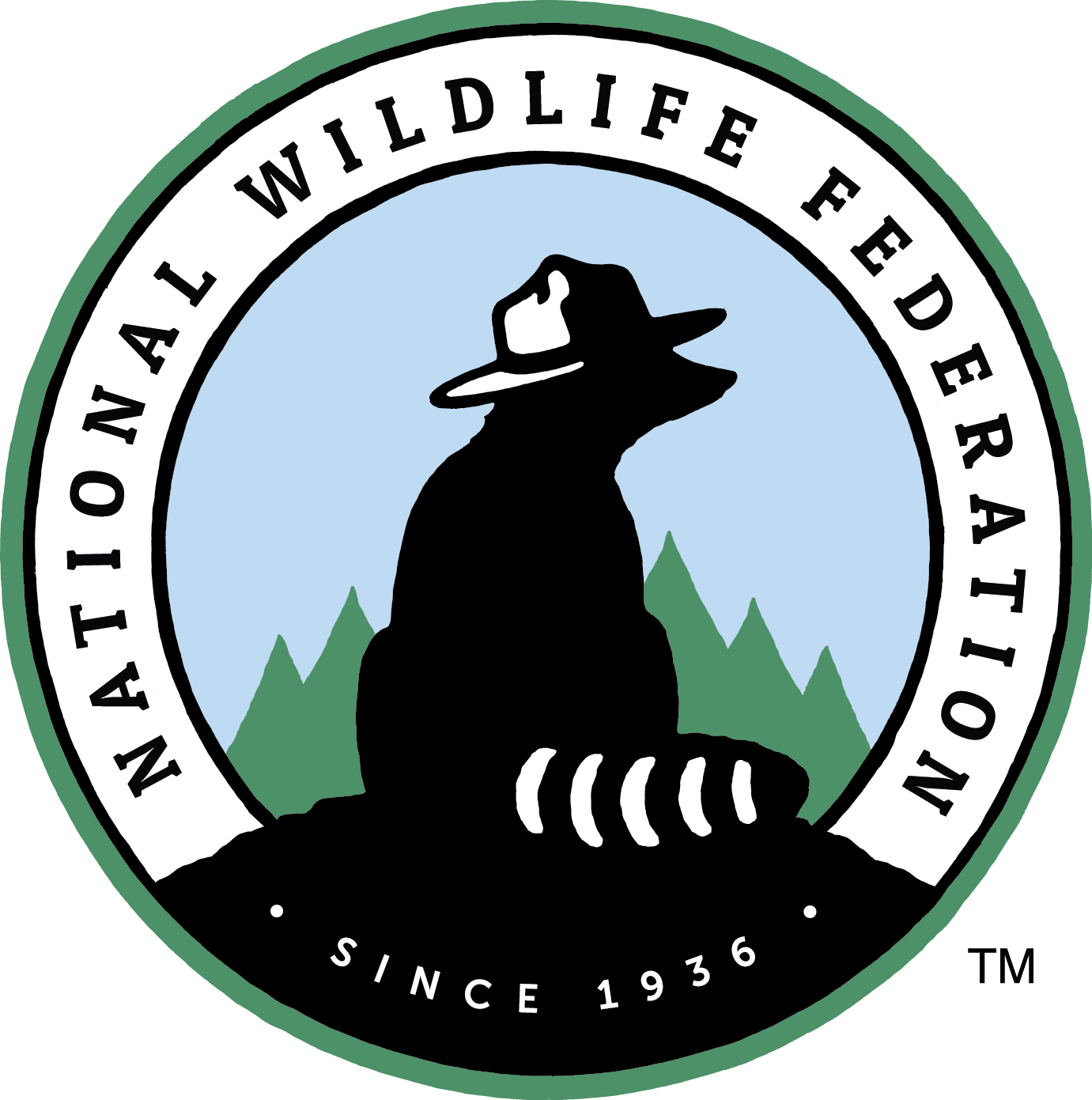Number 2019-02
WHEREAS, The use of two highly volatile Plant Growth Regulator (PGR) herbicides, dicamba and 2,4-D, has increased dramatically in row crop agriculture in recent years, along with increased complaints about damages to specialty crops, trees, gardens and apiaries; and
WHEREAS, these chemicals have a high propensity to volatilize after application and move off-site where they can cause damage to broadleaf plants, miles away, threatening specialty crops, gardens and the well-being and ecological balance of native ecosystems; and
WHEREAS, research indicates that trees, shrubs, forbs, and other flowering plants exposed to dicamba and 2,4-D during sensitive developmental periods, such as leaf emergence, bud break, and flowering, experience reduced nectar, pollen, and nut production; and
WHEREAS, studies show that flowering plants exposed to dicamba are visited less frequently by pollinators; and
WHEREAS, to date, there is only limited research available on the immediate impact on species that consume PGR herbicide-exposed vegetation, such as caterpillars, grasshoppers, and mammals and no research exploring the long-term ecological impacts to plants, invertebrate populations, herbivores, or aquatic systems; and
WHEREAS, despite complaints of damages to non-target species and the lack of studies of impacts to native plants and wildlife, the Environmental Protection Agency (EPA) on October 30, 2018, approved a 2-year renewal of the registration for the use of dicamba on resistant soybeans and cotton; and
WHEREAS, 2,4-D resistant corn and soybeans are also beginning to be used this year, resulting in even larger areas of land being sprayed with the volatile plant growth regulator herbicides; and
WHEREAS, with the EPA approval of registration, states must determine licensure and use restrictions and in most states the department of agriculture has oversight of pesticide use and management and they are not required to work with or consult state wildlife and fish agencies; and
WHEREAS, recent research shows that diversified cropping systems of three or more crops in a rotation, with the use of cover crops and other practices, can reduce the need for dicamba and other herbicides.
NOW, THEREFORE, BE IT RESOLVED that the National Wildlife Federation, at its annual meeting assembled June 5-8, 2019 in St. Louis, Missouri, urges the Environmental Protection Agency and all state departments of Agriculture to suspend authorizations for dicamba applications in corn, soybeans, cotton and wheat cropping systems in the United States until a full research agenda has been realized on the impacts of the toxicity, volatility and dispersal tendencies of this chemical and short, medium and potential long term impacts to trees, wildlife, pollinators, ecosystem composition and other non-target organisms and such research has been fully taken into account in the consideration of new registrations of this herbicide; and
BE IT FURTHER RESOLVED that the U.S. Environmental Protection Agency should immediately undertake the same broad research agenda to determine the impacts of the toxicity, volatility and dispersal tendencies of 2,4-D, especially considering cumulative, combined impacts of 2,4-D, dicamba, and other herbicides and ensure the results are fully taken into account in the consideration of new registrations of said herbicides; and
BE IT FURTHER RESOLVED that the U.S. Department of Agriculture and State Departments of Agriculture should prioritize their research, extension, funding and conservation outreach resources in helping producers develop alternatives that can reduce the need for dicamba and 2-4 D herbicides, such as diversified cropping systems and conservation practices.
